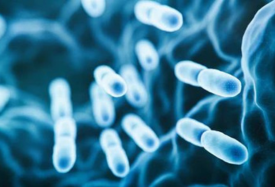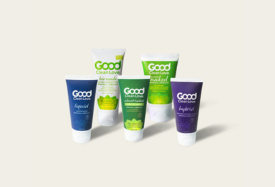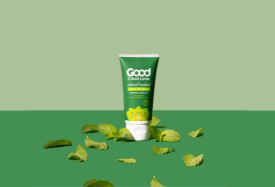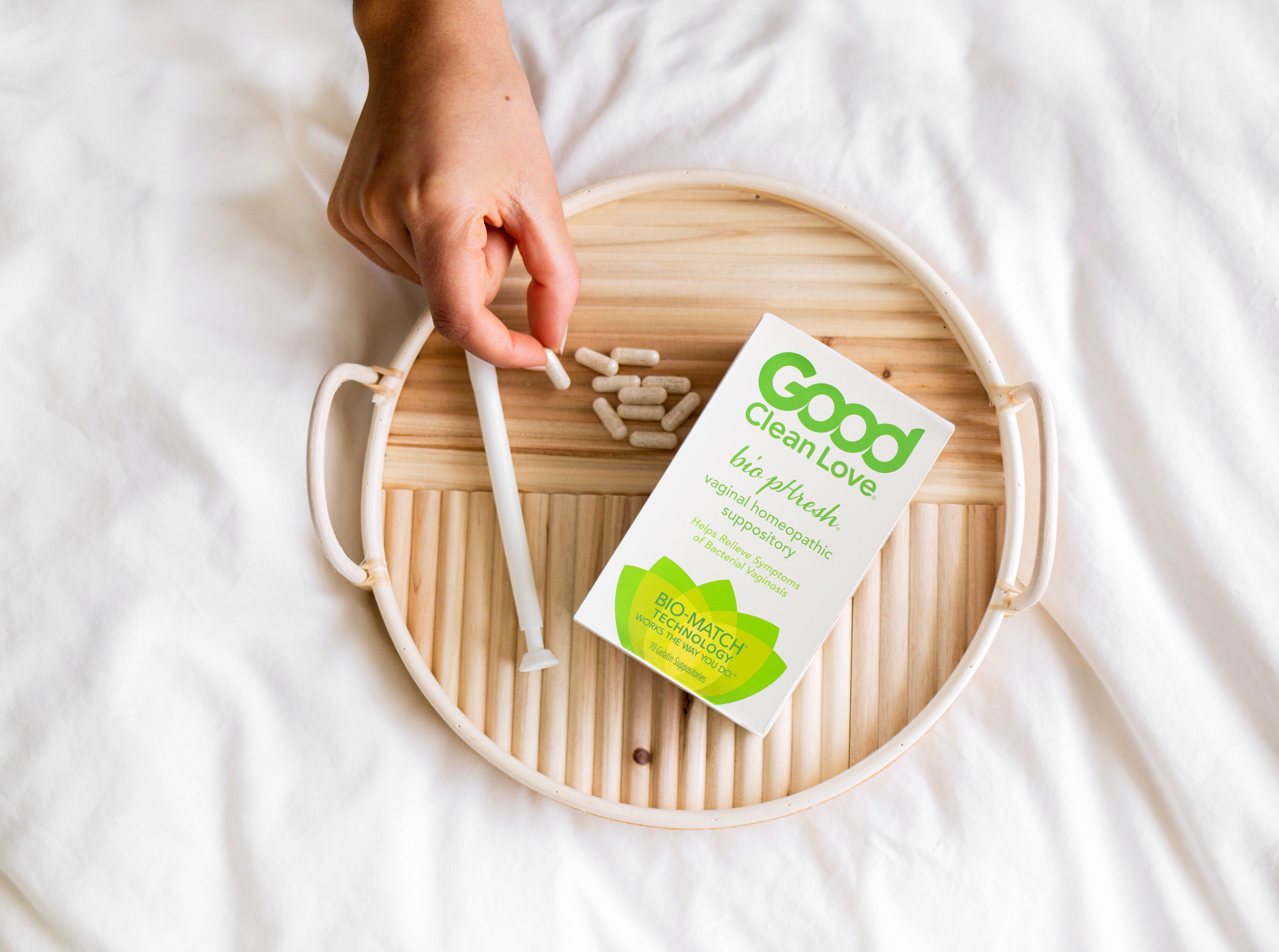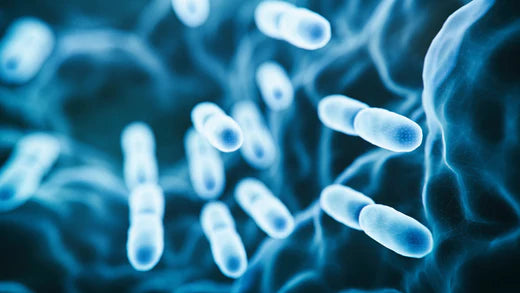It’s no secret that it feels good to show others kindness. Seeing the bright smile of a loved one when they receive an act of kindness can inspire a warm feeling in our hearts. And kindness is needed now in our world more than ever with the isolation many of us are feeling due to the COVID-19 pandemic. Participating in acts of kindness is one way that we can spread love to others and also bring happiness to ourselves.
By engaging in random acts of kindness, we can become the change we want to see in the world. Not only do acts of kindness feel good, but they also have numerous health benefits. Below we explore the top six ways kindness can positively impact your health.
Boosts “The Love Hormone”
When someone engages in or even witnesses an act of kindness, it releases oxytocin – also known as “the love hormone”. Oxytocin earned this name due to the warm and fuzzy feelings we get when giving and receiving love from others. There are many health benefits to the release of oxytocin in the body. One of these benefits is the reduction of stress in the body, as oxytocin can reduce blood pressure and cortisol levels. It also produces growth and healing of the body during periods of prolonged exposure. Oxytocin is also linked to better heart health by reducing inflammation and improving cardiovascular function. So, engaging in acts of kindness every day can produce this hormone and its healing effects on your body!
Improves Your Energy
Did you know that acts of kindness can make you feel more energetic? This energy-inducing effect of kindness is often called the “helpers high”, which refers to the feeling of well-being that is common after one helps another. One study measuring the impact of good deeds found that half the participants felt stronger and more energetic after helping others. This effect is most likely due to the hormones that are released in the body when one offers an act of kindness.
Increases Your Lifespan
Kindness not only improves health and makes you feel good, but it also can prolong your life. Studies have found that kinder people live longer and healthier lives. In fact, science shows that offering help to others protects overall health twice as much as aspirin protects against heart disease. People 55 and older who volunteer for two or more organizations have an impressive 44% lower likelihood of dying early, (after sifting out every other contributing factor, including physical health, exercise, gender, habits like smoking, marital status, etc.). This effect of kindness on lifespan is stronger than exercising four times a week or going to church.
Benefits Your Mental Health
It’s no surprise that kindness can have positive effects on mental health. Acts of kindness such as volunteer work reduce symptoms of depression and anxiety. In a 2012 study, a group of socially anxious individuals was tasked with performing at least six acts of kindness every week. After one month of engaging in these regular acts of kindness, there was a significant increase in positive moods, relationship satisfaction, and a decrease in social avoidance in these individuals. Engaging in random acts of kindness can also increase one’s sense of self-worth and life satisfaction.
Prevents Illness
Having healthy habits is a sure way to prevent illness. Eating well and exercising are common ways that we know to maintain our immune system. But did you know that kindness can prevent illness? This is mostly due to the link between inflammation in the body and illness. Engaging in acts of kindness by doing good deeds or volunteering has a link to reduced inflammation in the body. According to a study performed with adults aged 57-85, volunteering proved to have one of the strongest associations with lower levels of inflammation in the body. Also, the release of oxytocin in the body is also linked to reduced inflammation. And as we know, oxytocin (the love hormone) is one of the hormones that make helping feel so good!
Promotes Happiness
Last – but not least – kindness can help you live a happier life. Numerous studies have shown that people who regularly engage in good deeds are happier than those who don’t. Happiness is greatly beneficial for the mind and body by combating stress, improving the immune system, benefiting heart health, and even reducing pain. Performing acts of kindness is a sure way to increase your happiness, especially since witnessing or engaging in good deeds produces oxytocin! Not only do good deeds produce oxytocin, but also serotonin, which is the key hormone that stabilizes mood, feelings of well-being, and happiness.
Conclusion
We all could use a little bit more love in our lives, and doing random acts of kindness is a great way to put more love out into the world. You never know how much of an impact one action could have on someone else’s day. If you are looking for ways to be kind, check out our article for 10 Ways to Put More Love Out Into the World. As you can see, kindness has numerous benefits for your health. It also brings us closer together and reminds us of the goodness in the world.

